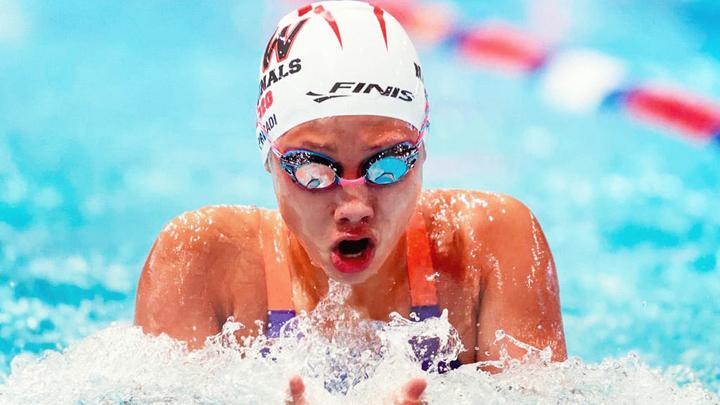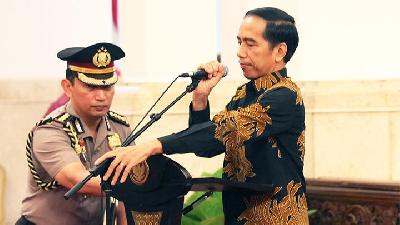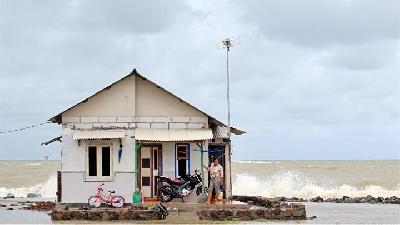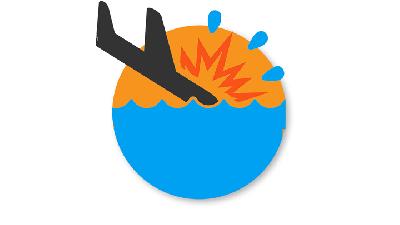Future Swimming Queens
Monday, January 18, 2021
Indonesia counts on young athletes to return as the swimming queens in Southeast Asia, as the country have none for the last decade. They are studying and training in the world’s swimming Mecca.
arsip tempo : 171405786442.

TWICE a week, pounding waves in Cottesloe Beach, about 12 kilometers from Perth, Australia, is Elysha Chloe Pribadi’s training mate during the Covid-19 Pandemic. Swimming pool closure all over Australia leaves her no choice. Indonesia’s future female swimmer needs to maintain her stamina and mental. The challenges she needs to conquer are cold water, winds, and changing current. “It’s very difficult to swim straight in the
...
Subscribe to continue reading.
We craft news with stories.
 For the benefits of subscribing to Digital Tempo, See More
For the benefits of subscribing to Digital Tempo, See More











